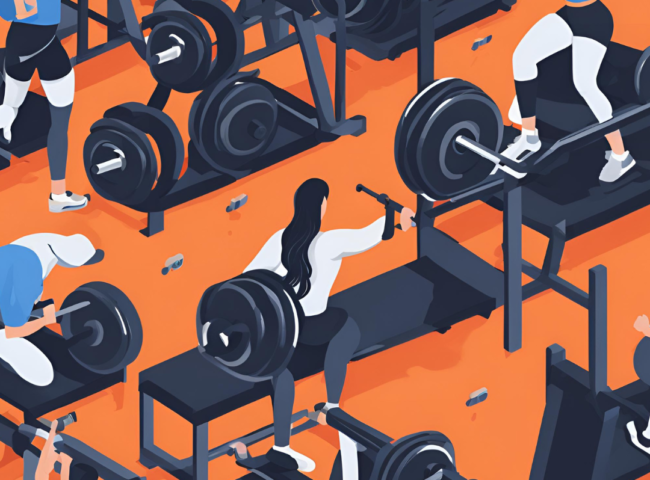Unlock the secret to healthy aging with essential fitness and nutrition tips for seniors. This guide provides tailored advice to help older adults maintain vitality, mobility, and well-being through exercise and balanced nutrition.
Aging is a natural part of life, and maintaining health and vitality becomes increasingly important as we grow older. For seniors, a combination of proper fitness and nutrition is key to ensuring a high quality of life and maintaining independence. In this article, we’ll explore essential tips to help seniors stay active, nourished, and thriving well into their golden years.
1. Prioritize Regular Physical Activity: Staying active is crucial for maintaining strength, balance, and flexibility. Engage in low-impact exercises like walking, swimming, and gentle yoga to improve cardiovascular health and reduce the risk of falls.
2. Embrace Strength Training: Incorporate strength training exercises to preserve muscle mass and bone density. Use resistance bands or light weights to perform exercises that target major muscle groups.
3. Flexibility and Balance Exercises: Include exercises that improve flexibility and balance, such as tai chi or simple stretching routines. Enhanced balance reduces the risk of falls and supports overall mobility.
4. Listen to Your Body: Pay attention to your body’s signals and adjust your exercise intensity accordingly. If you’re new to exercise, consult a healthcare professional before starting a new routine.
5. Stay Hydrated: Drink an adequate amount of water throughout the day to maintain proper hydration. Dehydration can impact energy levels and overall well-being.
6. Focus on Nutrient-Dense Foods: Prioritize whole, nutrient-dense foods rich in vitamins, minerals, and antioxidants. Include a variety of fruits, vegetables, lean proteins, whole grains, and healthy fats in your diet.
7. Adequate Protein Intake: Ensure you’re consuming enough protein to support muscle maintenance and immune function. Include sources like lean meats, fish, beans, legumes, and dairy products.
8. Fiber-Rich Diet: Aim for a diet rich in fiber to support digestion and prevent constipation. Whole grains, fruits, vegetables, and beans are excellent sources of dietary fiber.
9. Calcium and Vitamin D: Maintain bone health by including calcium-rich foods (dairy, fortified plant-based milk, leafy greens) and ensuring adequate vitamin D intake through sunlight exposure or supplements.
10. Mindful Eating: Practice mindful eating by paying attention to hunger and fullness cues. Slow down while eating and savor each bite to enhance enjoyment and digestion.
11. Limit Processed Foods: Minimize consumption of processed foods high in added sugars, salt, and unhealthy fats. Opt for whole, unprocessed options whenever possible.
12. Regular Health Check-Ups: Schedule regular check-ups with your healthcare provider to monitor your overall health, address any concerns, and receive personalized advice.
13. Social Engagement: Stay socially active by participating in community activities, clubs, or groups. Social interactions contribute to mental well-being and overall happiness.
14. Get Quality Sleep: Prioritize quality sleep to support physical and cognitive function. Create a sleep-friendly environment and establish a regular sleep routine.
15. Mind-Body Wellness: Engage in relaxation techniques like meditation, deep breathing, or gentle yoga to manage stress and promote mental well-being.
By combining these fitness and nutrition tips, seniors can maintain vitality, independence, and overall health as they age. It’s never too late to make positive lifestyle changes that contribute to a fulfilling and active senior life. Always consult a healthcare professional before making significant changes to your exercise or dietary habits.






Leave feedback about this